
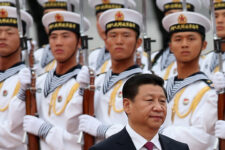
At this year’s Shangri-La Diaglogue, it was impossible to escape talk of the conflict thousands of miles away.
By Reuben Johnson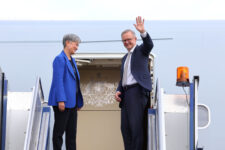
“Doing our part to fulfill the shared responsibility all of us have to preserve peace and security,” Prime Minister Anthony Albanese said. “And making it crystal clear that when it comes to any unilateral attempt to change the status quo by force: be it in Taiwan, the South China Sea, the East China Sea or elsewhere, the risk of conflict will always far outweigh any potential reward.”
By Colin Clark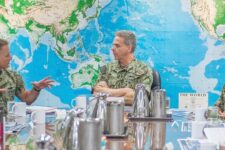
The most profound change resulting from China’s military modernization has been in its space capabilities. Back in 2000 China only had 10 satellites in orbit, and this year it will launch more satellites than any other nation on the planet.
By James Kitfield
The Chief of Naval Operations (CNO) John Richardson made a major organizational announcement with major strategic implications when he announced the Navy would re-establish the Second Fleet, which covers the Atlantic. But that would, so far, only mean adding 250 people to the command. Without making larger strategic changes, that is not enough. To respond appropriately to Russian naval…
By Rep. Rob Wittman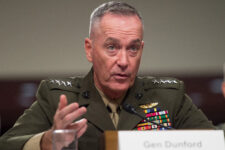
Breaking Defense contributor James Kitfield spoke with Gen. Joe Dunford, chairman of the Joint Chiefs of Staff, during Dunford’s swing through Japan, Singapore, Australia, Wake Island, and Hawaii. BD readers know that Defense Secretary Jim Mattis promised Sen. John McCain yesterday that America would get a new Afghan strategy by mid-July. In this second part of Kitfield’s interview,…
By James Kitfield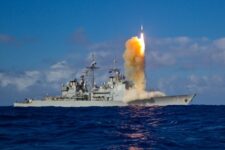
Japan and the US just threw open the door to arms sales between the two longtime allies, something Japan had long resisted. The deal is the latest sign of how fear of a rising China is pushing Japan away from its post-World War II pacifism. Defense Secretary Ashton Carter and his Japanese counterpart Gen Nakatani quietly…
By Sydney J. Freedberg Jr.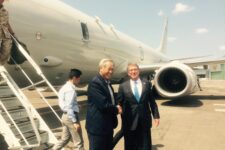
OVER THE MALACCA STRAIT: Defense Secretary Ashton Carter and his host, Singaporean Defense Minister Ng Eng Hen, made a stark and clear statement to China before the Shangri-La summit began, boarding America’s preeminent sub-hunting and surveillance plane, the P-8 Poseidon. “How do you like this aircraft?” asked Carter as they boarded the P-8. “I love this…
By Sydney J. Freedberg Jr.
SINGAPORE: In his speech to the Shangri-La Dialogue here, Defense Secretary Ashton Carter laid out a cautious and carefully crafted vision for security in Asia. Carter called for an “inclusive (and) principled security network,” one that would try to include China and encourage it to abide by international law, rather than seeking to confront and…
By Sydney J. Freedberg Jr.
ABOARD SECDEF1: The US will remain steadfast in the face of Chinese complaints as it builds its Pacific coalition, Defense Secretary Ash Carter made clear to reporters en route to the Shangri-la summit in Singapore. Carter and his staff already are looking past the secretary’s speech here on Saturday to two potential flashpoints this summer: First,…
By Sydney J. Freedberg Jr.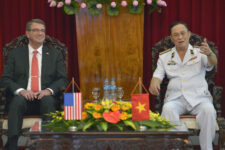
ABOARD SECDEF CARTER’S PLANE: In many ways, today marks the final exorcism of the Vietnam War as America turns to the much greater challenge of a rising, militarizing China — and as Hanoi seeks just enough US help to balance Beijing without provoking it. President Obama is in Hanoi and Defense Secretary Ash Carter in New Haven. Yesterday,…
By Sydney J. Freedberg Jr.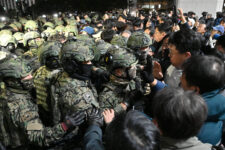

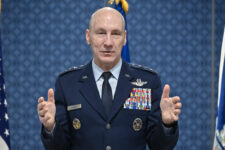
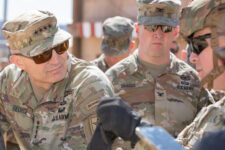
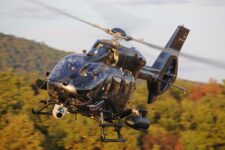
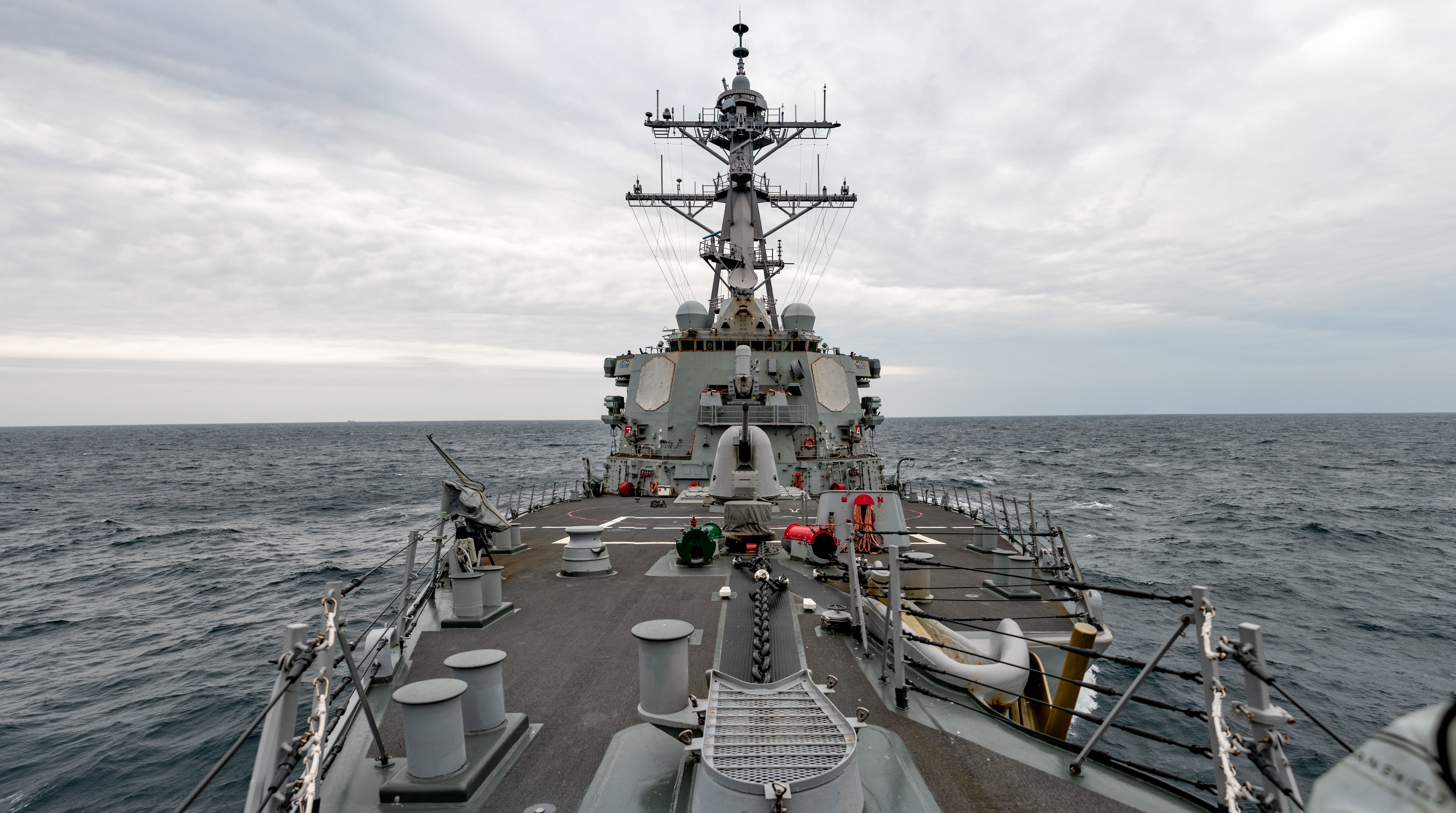
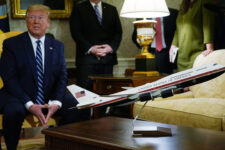

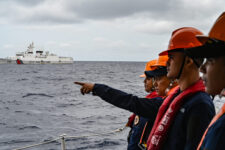
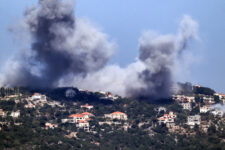
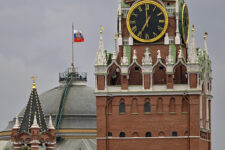
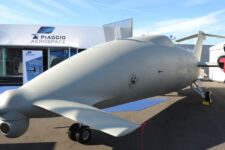
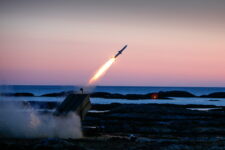
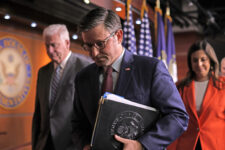
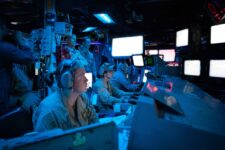

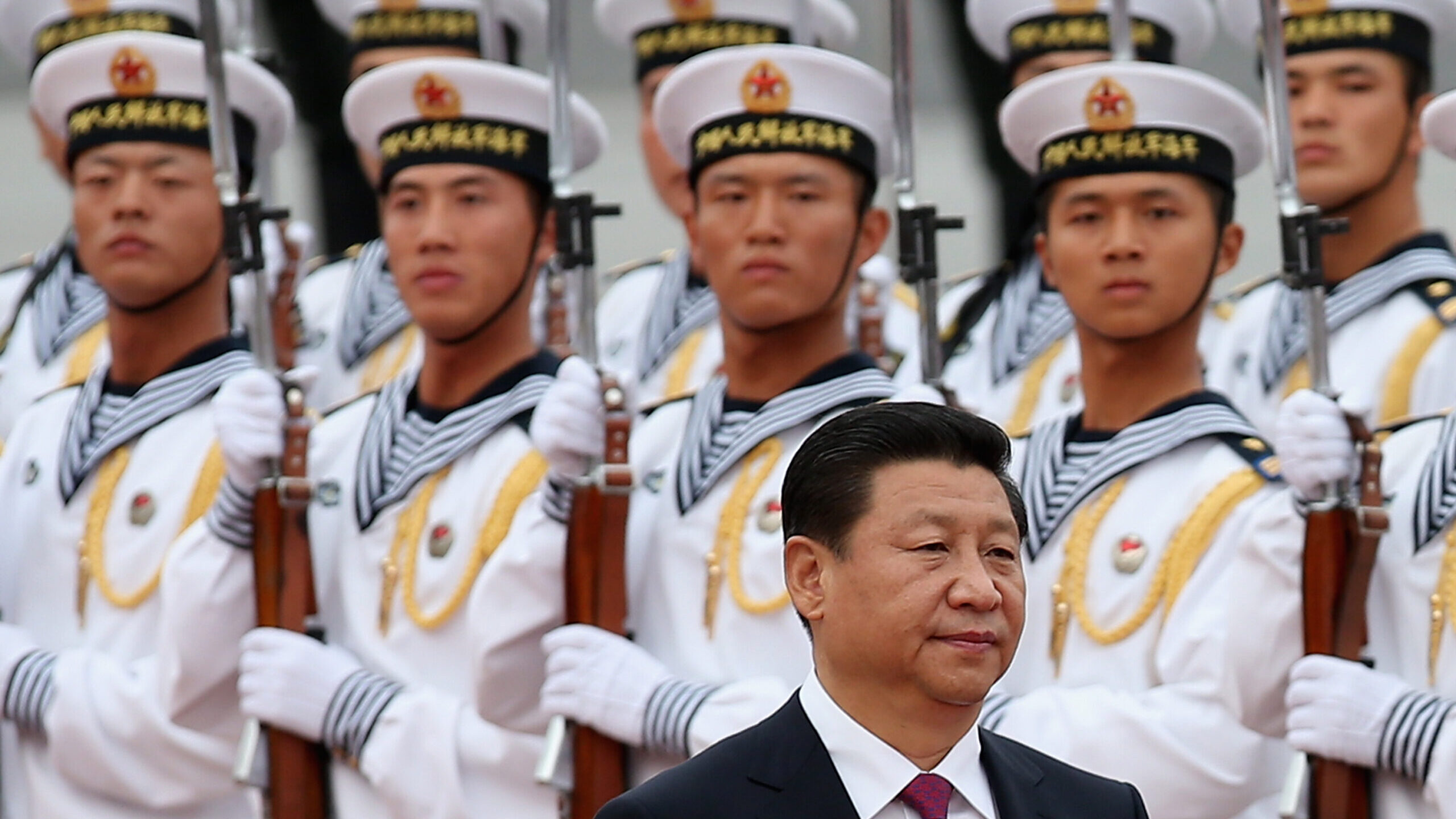
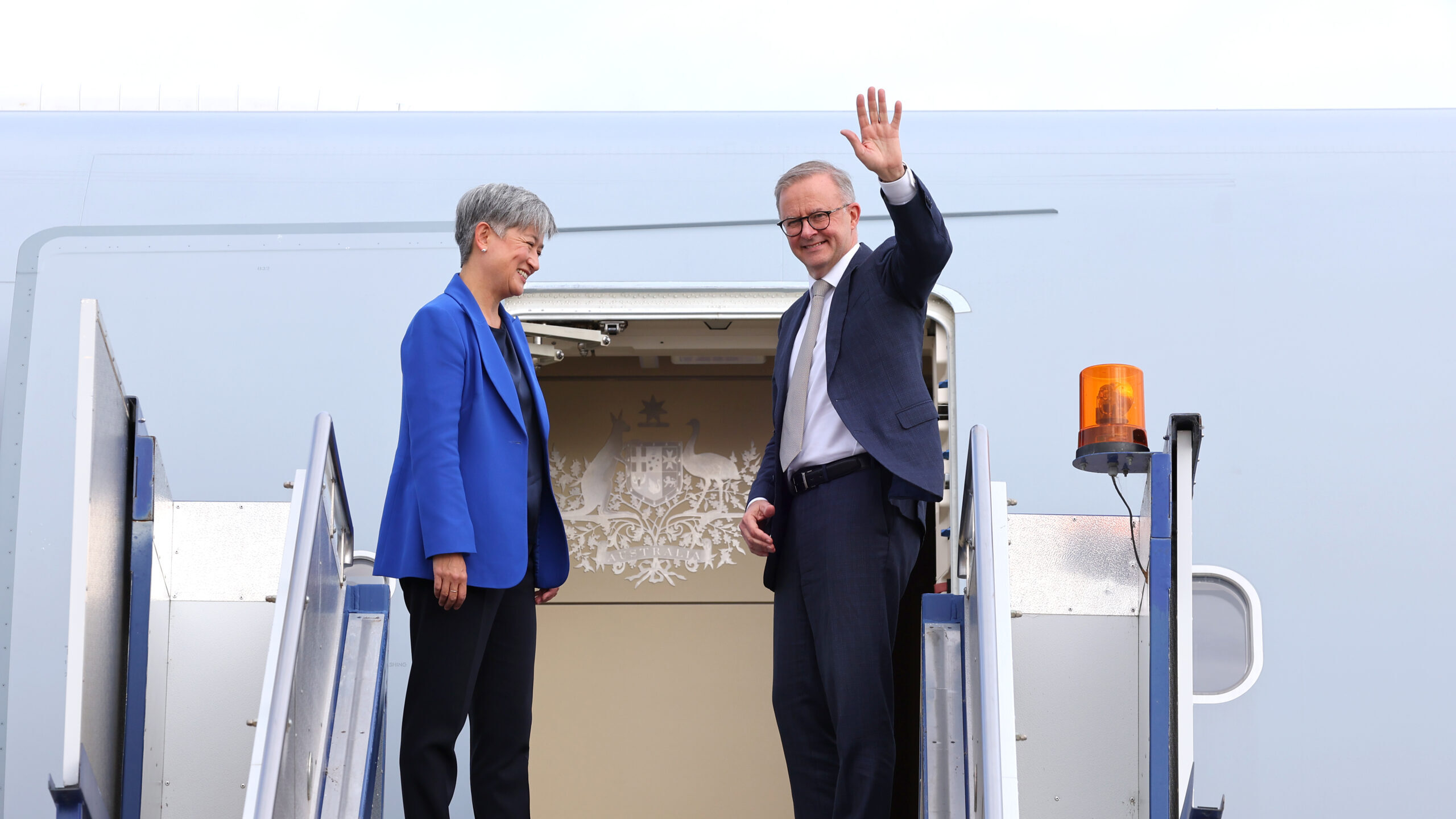
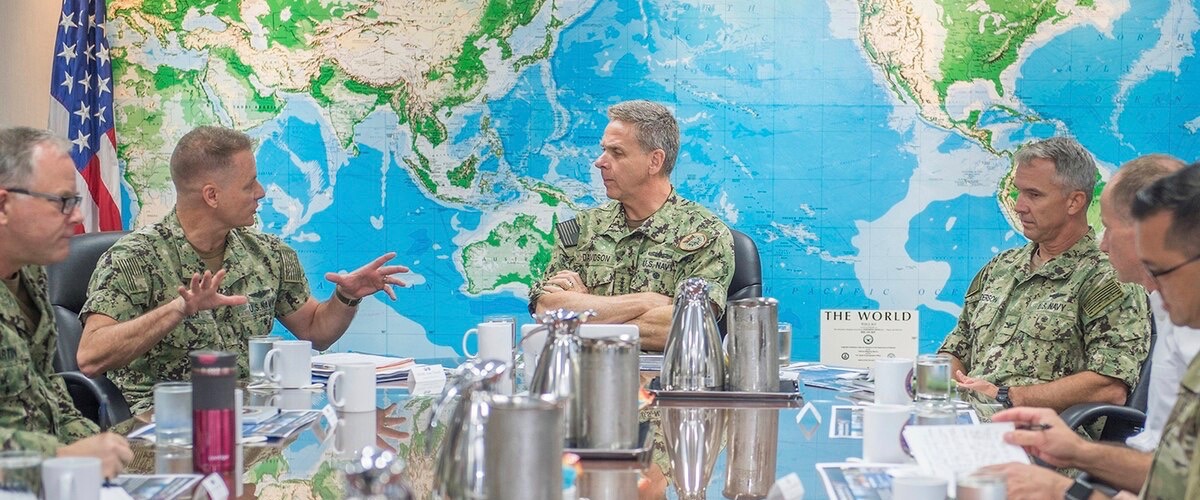

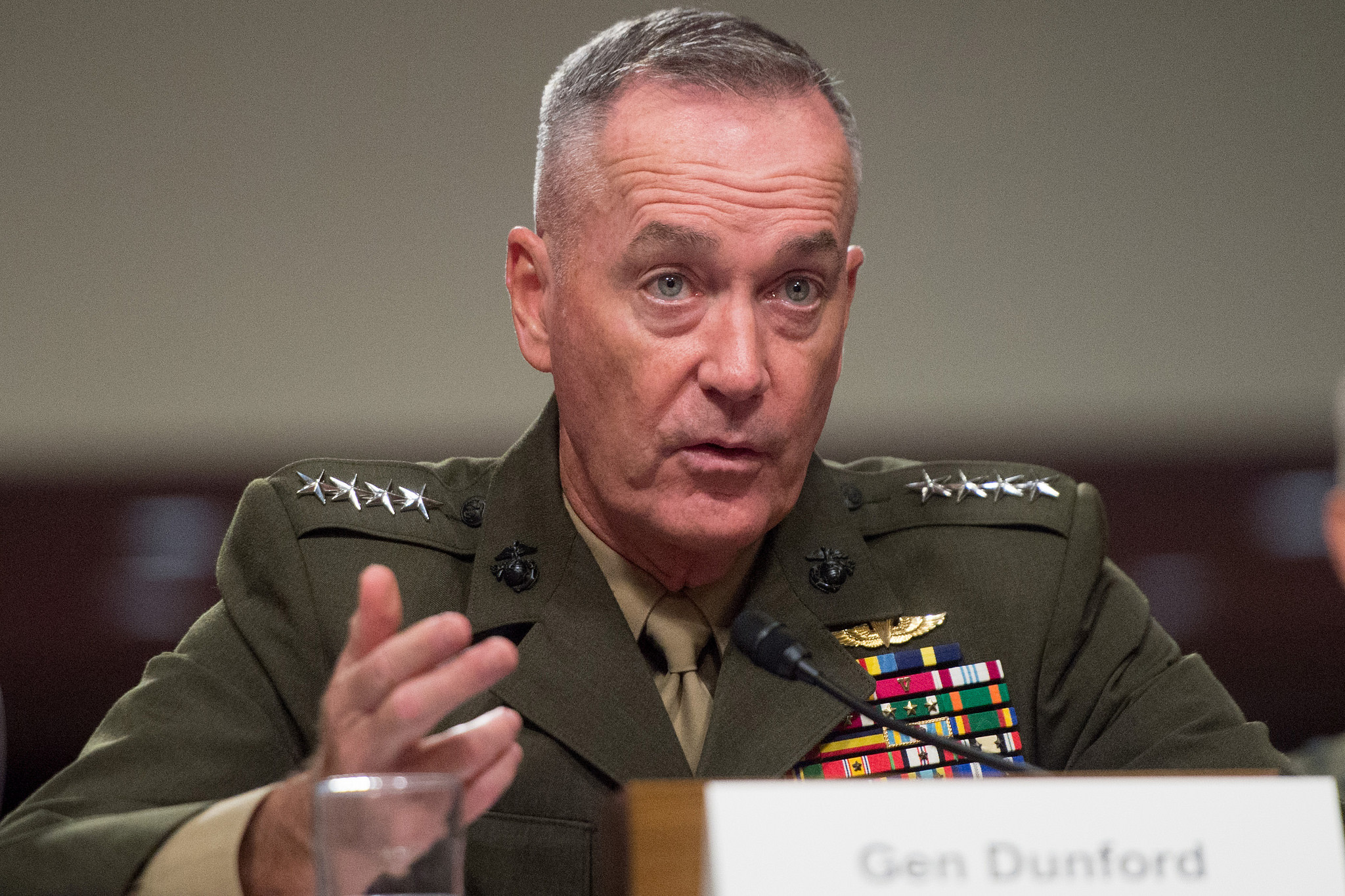
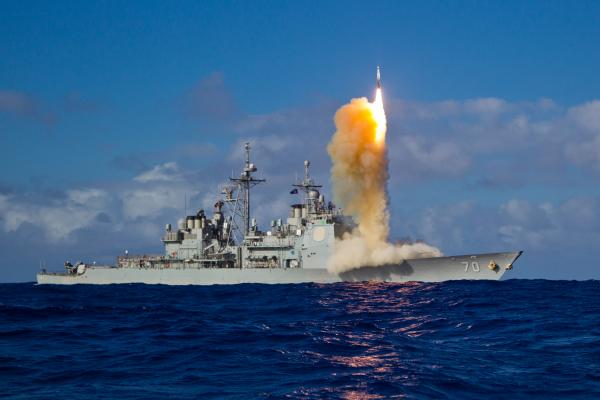

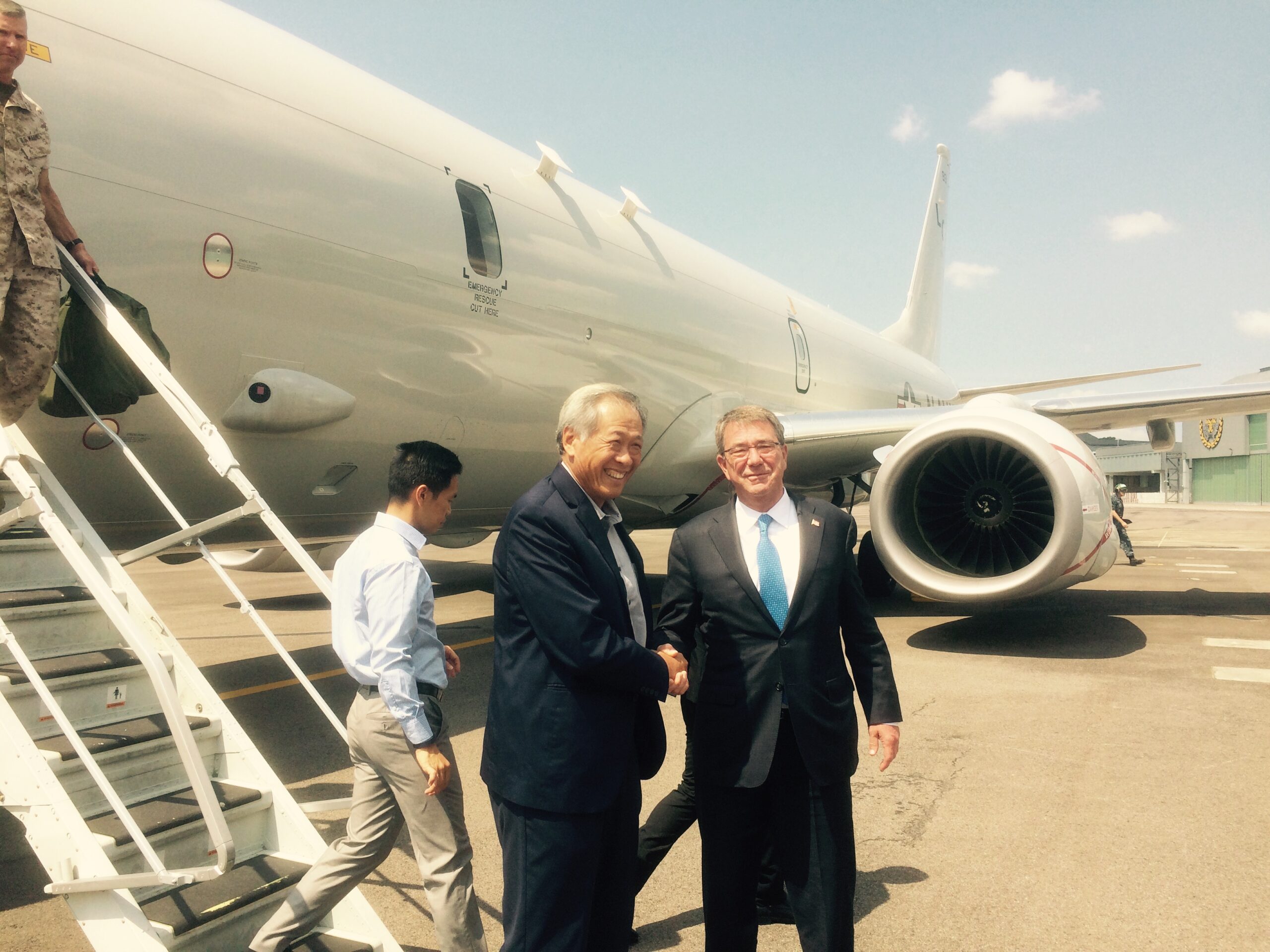

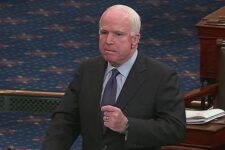
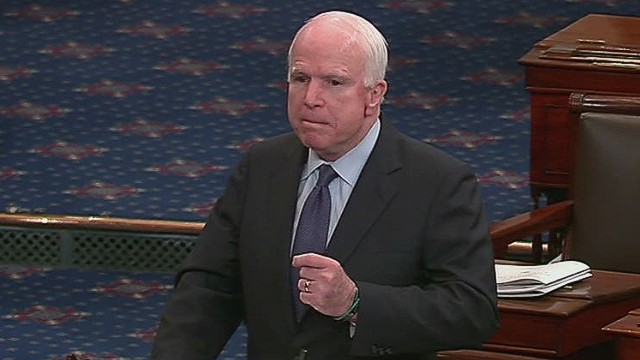
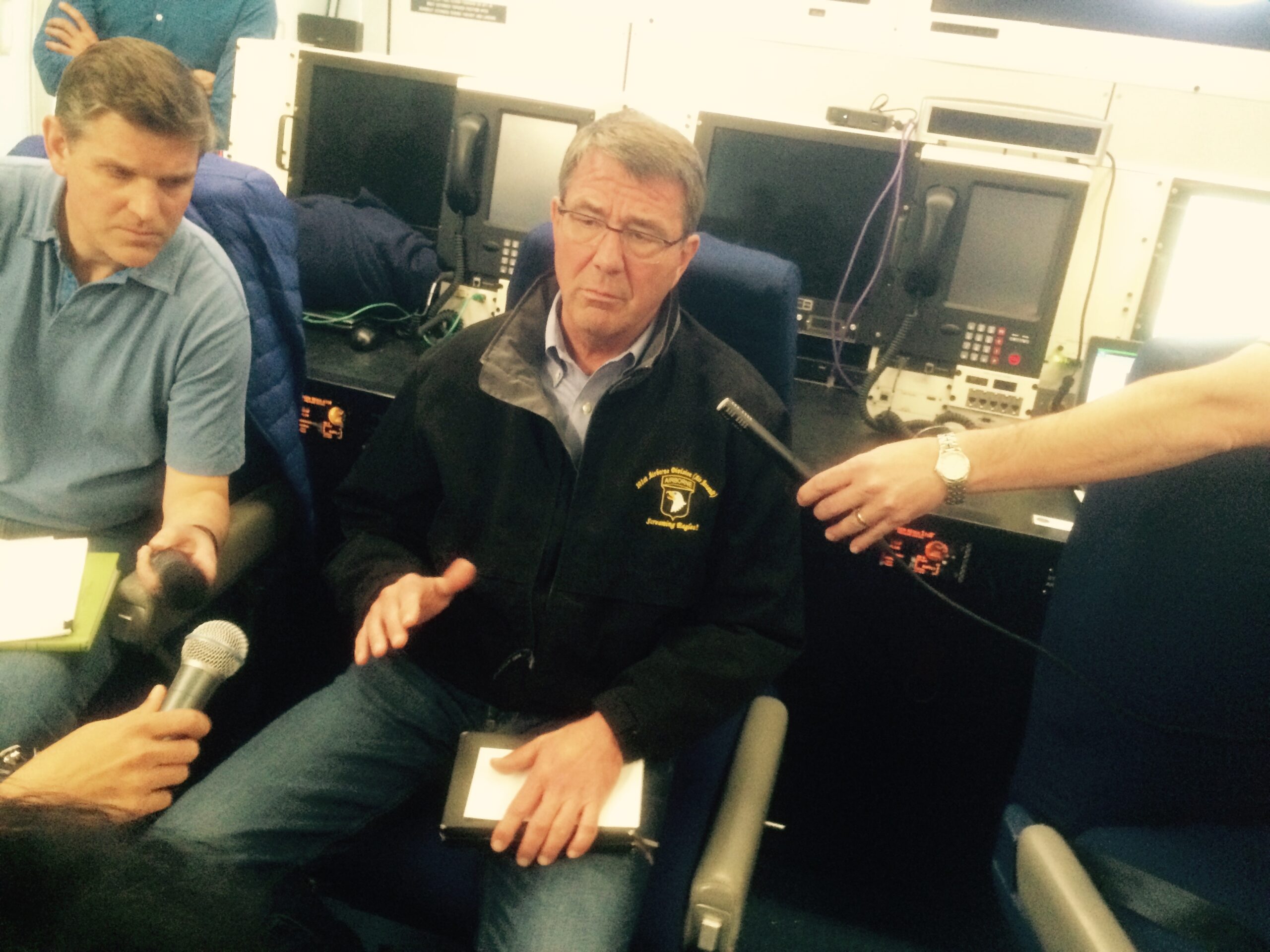
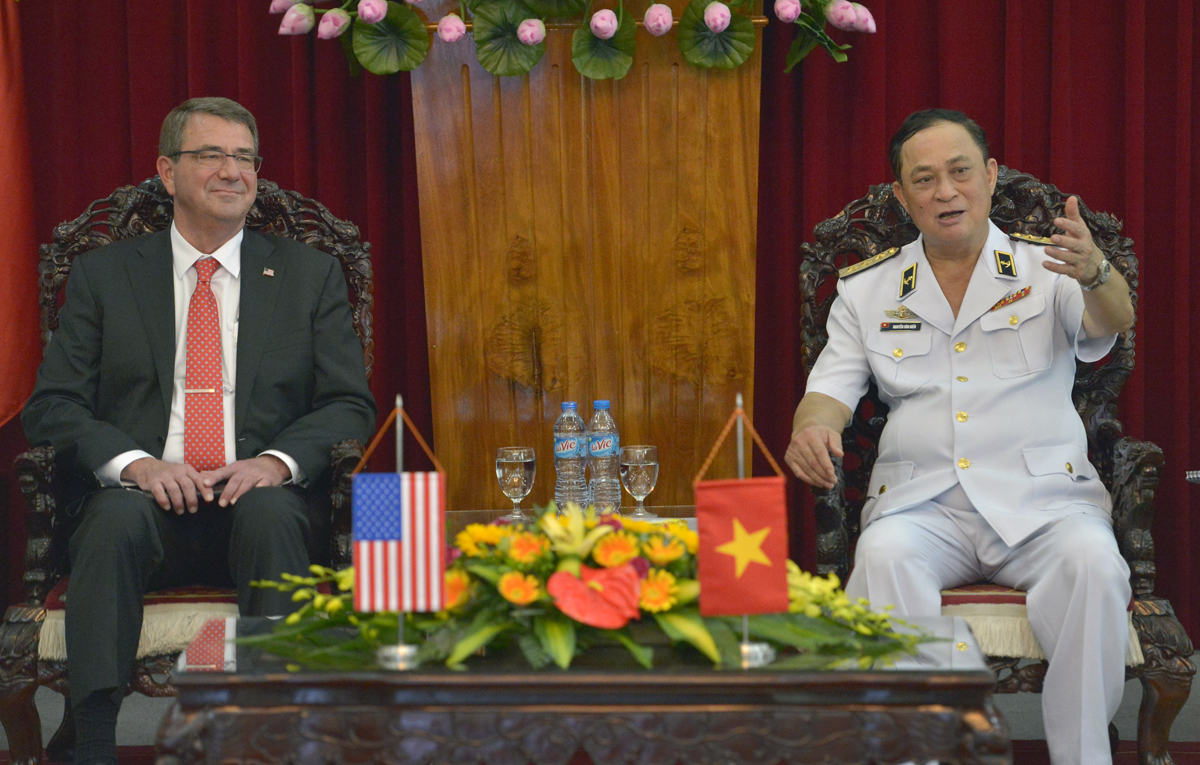

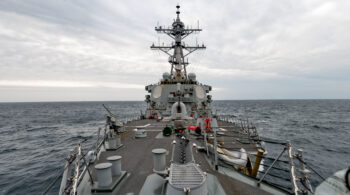
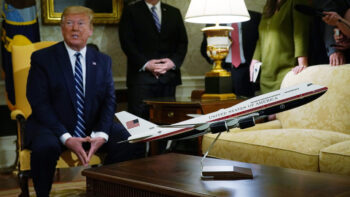


“The coordinated activity between liberal democracies that Beijing long suspected would inevitably fail, is seemingly more successful than it would previously have anticipated were possible,” writes Meia Nouwens of IISS.
By Meia Nouwens